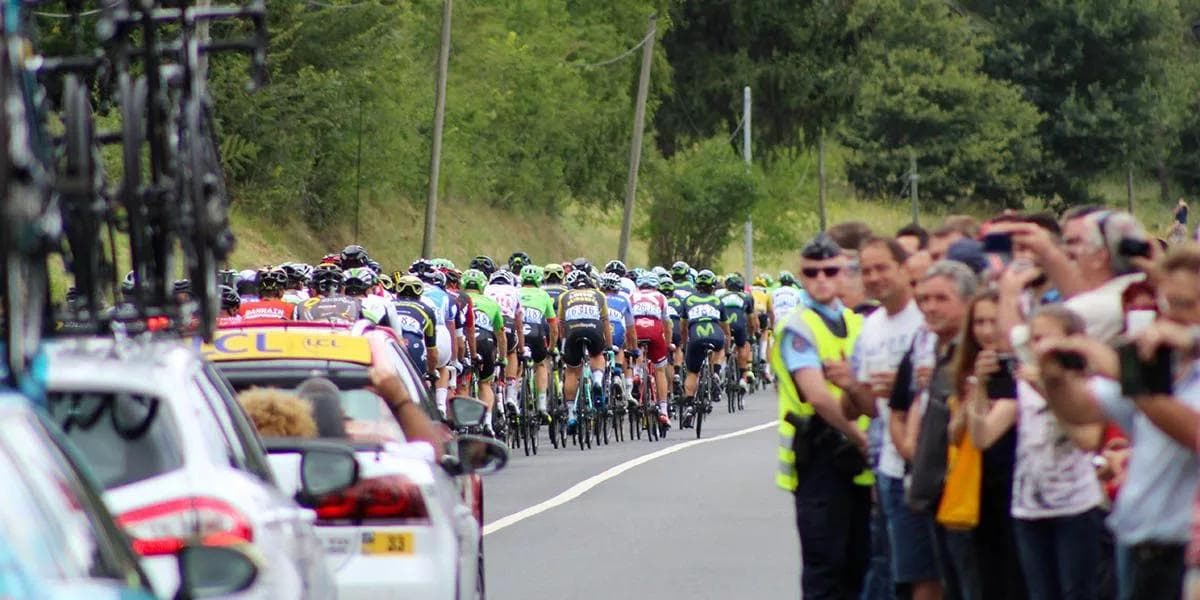How to watch the Tour de France: Wake up early or stay up late?

No matter where you are in the world, watching a sports event live in another part of the world can really mess with your sleep schedule. For many of us, this might mean choosing to watch a tape-delayed replay instead (and warning friends to avoid giving us spoilers before we’ve had a chance). But there will always be those diehard fans out there who are set on catching the action as it happens, too. Gotta respect that!
This is an especially relevant topic right now with the 105th running of the Tour de France now well underway, which will continue throughout most of July. For those of us in the United States, the Tour’s 21 grueling stages each take place quite early in the morning, which begs the question: If you’re dead set on watching the stages live—rather than waiting for the replays running at reasonable daylight hours—should you stay up extra late, or get up extra early?
The answer may partly depend on your DNA.
The circadian clock is our body’s internal clock that helps regulate sleep and wakefulness—generally speaking, this clock runs in 24-hour cycles, in line with the duration of a day. Each of your cells has its own circadian clock, with different parts of your genome used at different times of the day and night. In response to signals from the brain, specific genes become activated in your cells to help set and regulate the rhythm of this clock.
Research has shown that variants in the DNA affecting these genes can have significant effects on a person’s sleep/wake cycle. As an example, variants of the CRY1 gene can result in Familial Delayed Sleep Phase Syndrome, an insomnia-like disorder that shifts one’s circadian cycle so the person stays up later than usual (sometimes by 2 hours or more). Genetics can also influence sleep in ways not associated with any kind of disorder. Some common gene variants may affect whether you’re a “morning person,” while other variants may help make you a night owl.
What does this mean when it comes to watching far-away events on television? If your DNA predisposes you to late nights and late mornings, you might have a slightly easier time staying up past your bedtime to catch a 3 a.m. PDT Tour stage. Likewise, if your DNA suggests that you’re more of a morning person, waking up to a 3 a.m. alarm might be a just a little more bearable.
Whichever path you choose to Tour fandom, we wish you the best of luck—the stages are mostly in the wee hours, especially for folks on the West Coast!